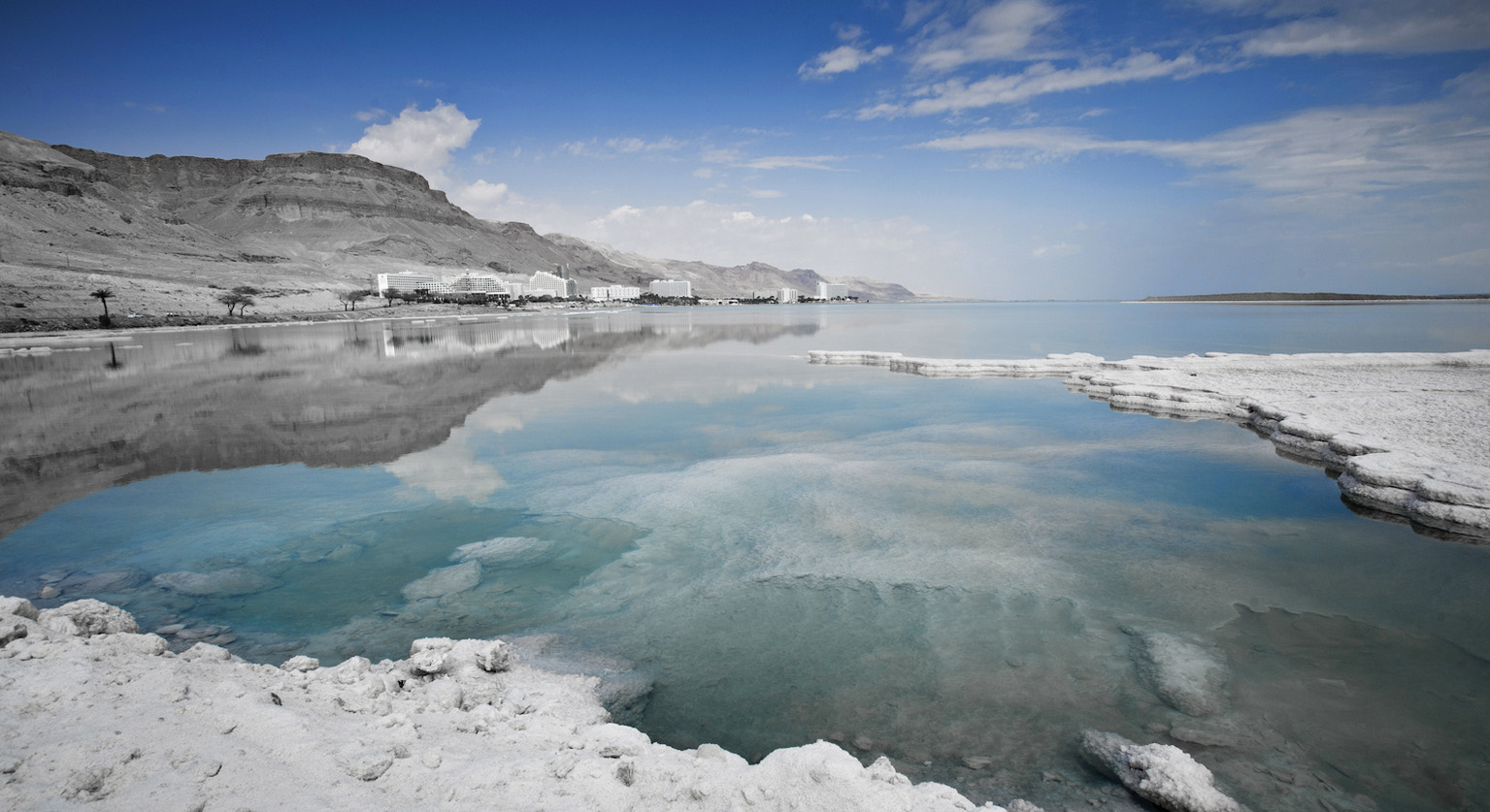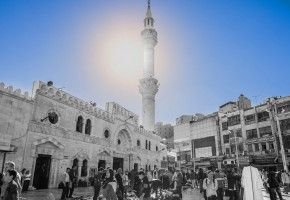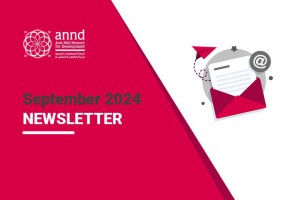
Hala Murad
UPR Jordan: Opportunity for Advocacy on Climate Justice – Hala Murad
Climate change and human rights are interlinked and UN human rights mechanisms are increasingly addressing the human rights impacts of climate change. Universal Periodic Review[i] is no exception to this approach. Since 2008 to date at least 691 recommendations covered environment issues in UPR process calling various states under review to address climate change impacts with legislative measures, awareness raising, focusing on disaster risk reduction, adoption of national action plans...etc.
Yet only 104 of these recommendations is for specific action whereas majority of them remains general. Likewise, among a total of 90938 recommendations, the share of 691 recommendations is only minimal, thus environment and human rights are way far to be among the top 10 issues considered in the UPR process. This said, the role of civil society in engaging in this monitoring, reporting and advocacy process is quite important to systematically raise violations on environmental rights.
From the Arab Region one next on the spotlight is Jordan, the review of which is scheduled at the end of January 2024. The previous reviews were conducted in February 2009, October 2013 and October 2018 respectively. As active stakeholders in monitoring, documenting and advocacy the efforts of Jordanian civil society organizations begun individually and collectively since the beginning of this year to prepare specialized reports in line with the human rights situation in Jordan. Following several coordination and collaboration efforts all coalitions and civil society institutions submitted their reports by the end of July 18. The reports included a review of economic, social and cultural rights, civil and political rights. As well, the environment had an important share in the reports, seen also by civil society as a golden opportunity for advocacy.
The joint submission by the Dibeen for Environmental Development, Arab NGO Network for Development and HIC-HLRN focused specifically on these rights including the right to clean, safe water and safe sanitation, right to land and ensuring its sustainable use, sustainable waste management, climate justice as well as an overview of the legislative framework for environmental rights in Jordan. Dibeen Environmental Development submitted a special report on water rights in the previous session in 2018. The groups consider advocacy on these issues critical taking into consideration that among a total of 534 recommendations received by Jordan there is only one recommendation up to date on climate change namely during the last cycle calling Jordan to strengthen efforts to adopt policies and programmes in relation to climate change and environmental protection.
The Jordanian government has taken many institutional measures to institutionalize work on human rights through the creation of the position of government coordinator for human rights and the human rights unit in the Prime Minister's Office, as well as the creation of many departments and divisions in many ministries and government institutions. Yet on the environmental rights although the Ministry of Environment, through its Law No. 6 of 2017 in Article 4, was granted the capacity to supervise and control the rest of the work of other ministries concerned with preserving and protecting the environment and protecting the rights of citizens, the existence of different ministries and the follow-up, evaluation and enforcement of laws to be between these bodies according to their specialization creates an overlapping, conflicted powers and lack of clarity. In this context the joint submission called the Jordanian government to ensure coordination between different ministries related to the right to healthy environment to ensure efficient work and coordination at the highest level, to preserve the environment to ensure the human right to enjoy it in a healthy, sound, fair, equitable and sustainable way, with an emphasis on the principle of involving local communities in managing their environment and resources and taking all means to achieve this based on the principles of human rights.
Indeed, civil society groups in Jordan considers consultation and coordination on human rights issues critical, whereby a holistic approach to all human rights issues is adopted and a participatory, inclusive and transparent mechanism is put in place towards enforcing all human rights obligations from international agreements that Jordan is a state party to and following up on the recommendations and concluding observations of international human rights mechanisms.
In this regard, UPR is another opportunity contributing to advancing human rights and the issue of climate and environmental justice may have a great chance of being highlighted as an issue that affects and is affected by other rights such as economic, social and civil rights. It is critical to remember that opportunities to address natural disasters and extreme climate events may disappear in the reality of more violations and the absence of comprehensive justice.
Yet submitting the Universal Periodic Review report is not the end, but rather the beginning, as we seek today, as part of national efforts, to build alliances with young people in order to strive towards disseminating recommendations and creating an advocacy environment in which everyone participates, based on the great importance of environmental and climate justice. Today, civil society groups are developing a series of fact sheets with info graphs and diagrams that will provide the public and the general public with a broad vision of the importance and impact of these rights on their reality, in addition to seeking international advocacy. These efforts will continue until the review day, which is scheduled for late January 2024.
Hala Murad
[i] Based on the UPR info database
Recent publications



